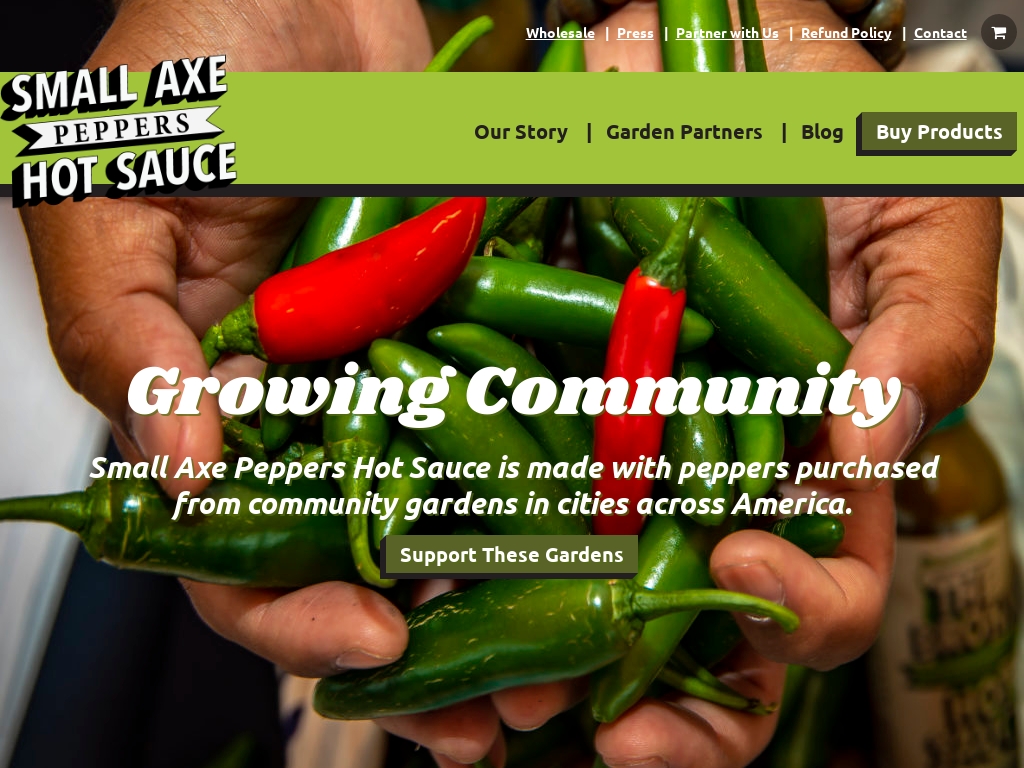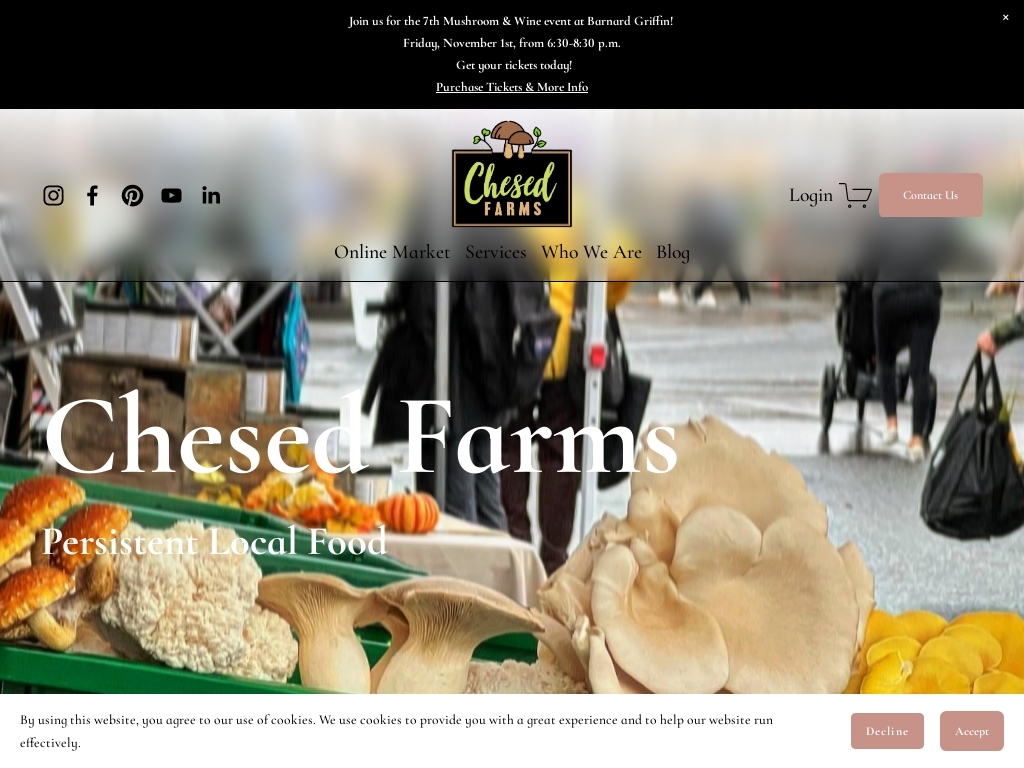
Vegetable Farm Success Stories [2025]
Do you have some idle land and are willing to start a vegetable business?
Mushrooms, micro greens, ginseng, lavender, and bonsai plants are some profitable vegetables you can grow and sell.
In this list, you'll find real-world vegetable farm success stories and very profitable examples of starting a vegetable farm that makes money.
1. Small Axe Peppers Hot Sauce ($1.02M/year)
Small Axe Peppers was founded by John Crotty, who saw the potential in an empty lot in the Bronx and decided to turn it into a community garden. Realizing that peppers were the ideal crop for the small space, he came up with the idea to make hot sauce as a way to support the garden and create a commercially scalable product. With the help of Executive Chef King Phojanakong, they developed the Small Axe Peppers line of sauces. Since then, the company has grown exponentially, partnering with over 200 community gardens and distributing their sauces nationwide.
How much money it makes: $1.02M/year
How much did it cost to start: $50K
How many people on the team: 3


Small Axe Peppers is a thriving hot sauce manufacturing business that partners with over 200 community gardens in the United States, growing locally sourced produce and producing an impressive 70,000 bottles of hot sauce per year; the success is the result of a genuine mission, a great story, an online business, and active social media channels.




2. Chesed Farms ($200K/year)
Jonathan and Sundown were both struck by the limitations of having fresh, local, and sustainable food sources in Walla Walla, Washington. They noticed the lack of a significant mushroom grower in the area, despite the high demand from local restaurants and health food grocers. This gap in the market prompted them to consider mushroom farming as a viable business opportunity.
Before fully diving in, they engaged in thorough research, including testing different growing methods and visiting local restaurants to understand their needs. They also sought validation by consistently selling their initial small batches quickly, which proved there was a strong local demand for gourmet mushrooms.
Throughout this process, they faced significant challenges, including fumbling through initial trials and adapting to the COVID-19 pandemic's restrictions. Each setback provided critical lessons in persistence and flexibility, which helped refine their approach and solidify their business plan. Their dedication to building strong community relationships aligned with the core value behind the name "Chesed" — embodying loving-kindness through their sustainable farming efforts.
How much money it makes: $200K/year
How much did it cost to start: $5K
How many people on the team: 6


A former tech employee turned farmer, Sundown Hazen transformed a $5,000 garage setup into a thriving gourmet mushroom enterprise by leveraging community-driven social media strategies, bicycle deliveries, and building strong local partnerships, achieving impressive monthly revenue of $16.7K, all while promoting sustainability with zero carbon emissions in lockdown-ridden Washington.





Download the report and join our email newsletter packed with business ideas and money-making opportunities, backed by real-life case studies.

Download the report and join our email newsletter packed with business ideas and money-making opportunities, backed by real-life case studies.

Download the report and join our email newsletter packed with business ideas and money-making opportunities, backed by real-life case studies.

Download the report and join our email newsletter packed with business ideas and money-making opportunities, backed by real-life case studies.

Download the report and join our email newsletter packed with business ideas and money-making opportunities, backed by real-life case studies.

Download the report and join our email newsletter packed with business ideas and money-making opportunities, backed by real-life case studies.

Download the report and join our email newsletter packed with business ideas and money-making opportunities, backed by real-life case studies.

Download the report and join our email newsletter packed with business ideas and money-making opportunities, backed by real-life case studies.









